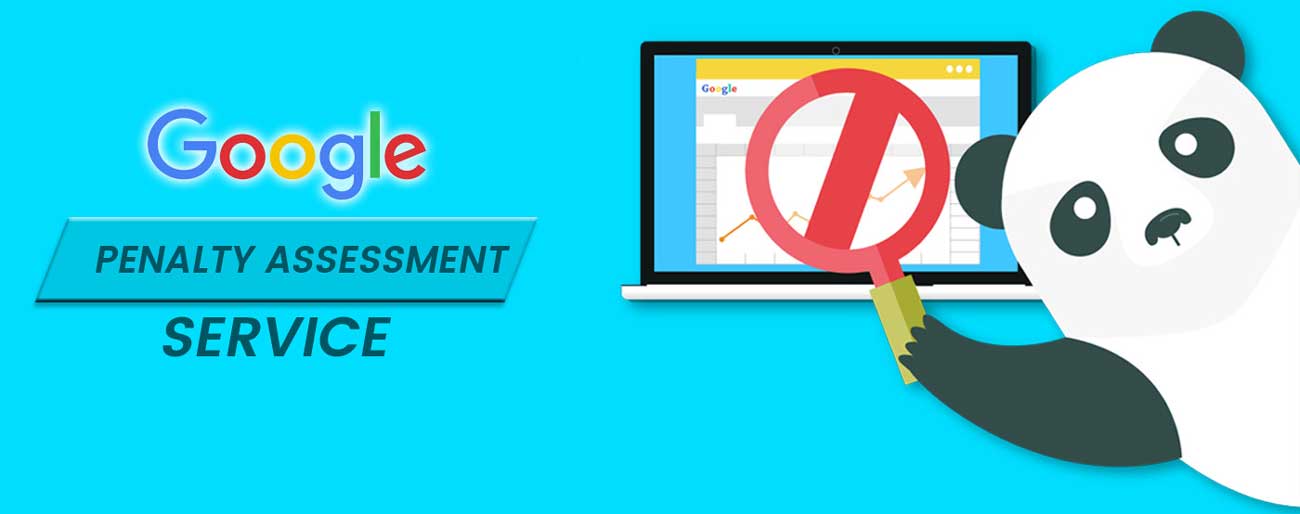
Nobody wants a Google Penalty; the consequences of receiving a manual action can be devastating and lead to the loss of both organic search visibility and traffic along with revenue. There are a lot of feud surrounding Google penalties, the most common one is mistaking an algorithm for a penalty. High-profile updates like Penguin and Panda are such algorithms that are usually misunderstood as penalties as algorithms rely on a set of rules and calculations that automatically deliver the desired outcome.
The most outlined difference while dealing with a penalty and dealing with an algorithmic event is the need for an opportunity to interact with Google directly. A website that is penalized by Google will receive a manual action report via Google Console. The moment a noted violation is set, a requirement for explaining the origin arises.
Google is supposed to reward those websites that provide high-quality matter and are visually appealing to the major search engine pages, this is exactly the case with Penguin and Panda according to the guidelines set by webmasters. Google Penalty Services are usually implemented by an army of human reviewers who are employed by Google to rate and review websites manually, these are the websites that slide through the algorithms but fail to meet the standards set by Google.
Being on the wrong side of an algorithm is considered as a penalty, the net result for which can result in a massive loss of organic traffic. Understanding the difference between having a website impacted by a manual penalty in place of triggering an algorithm is essential as this determines how the website can proceed further in terms of developing a recovery strategy.
Google penalty services are available in several forms and depend solely on the restricted action performed; listed below are the five most significant and common types of penalties imposed by Google on various web pages.
Cloaking is the act of showing different pages to users than are visible to Google as well, sneaky redirects users to a page that is way different than what is shown to Google.
It is hard to plead any form of ignorance for pure spam unlike other forms of penalties. It is reserved for websites that aggressively engage in a combination of spam techniques, including the use of automated gibberish, scraped content, and cloaking, among other egregious violations of webmaster guidelines.
Google can’t be gamed or cheated. If a sustainable web presence is needed, Google Webmaster Guidelines must be known, understood and followed. Resist the temptation to cheat and cut corners as SEO is more of a marathon and less of a sprint. Google Penalty Services can’t be defied which is primarily why it is vital to have a secure and spam-proof website, Google will lure in more traffic to that particular website.